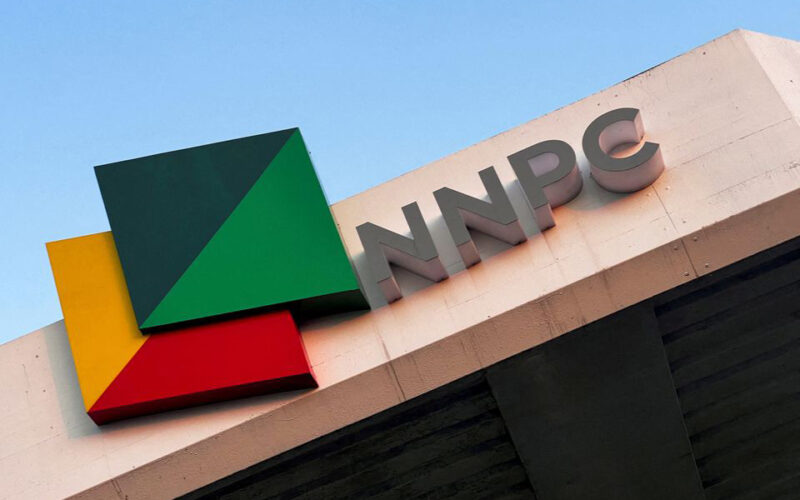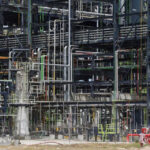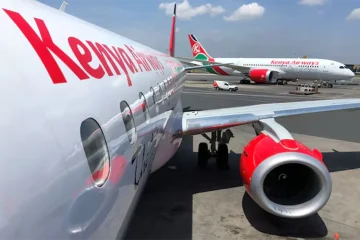NIGERIA’S state oil firm NNPC Ltd will supply the new 650,000 barrel-per-day Dangote oil refinery with up to six cargoes of crude oil in December to be used in test runs, three industry sources with knowledge of the matter said.
The refinery, funded by Africa’s richest man, Aliko Dangote, will transform oil trading in the Atlantic Basin and remove a lucrative outlet for fuels produced in Europe and the United States that have for years powered the cars, trucks and generators on the continent.
The refinery is in the Lekki free trade zone near Lagos. Once it is fully up and running, it will turn oil powerhouse Nigeria into a net exporter of fuels, a long-sought goal for the OPEC member that is currently almost totally reliant on imports.
One of the sources, an NNPC official, who declined to be named, specified six cargoes, or 200,000 bpd, would be supplied in December as part of a one-year deal, adding that volumes in future months would be supplied “based on mutual agreement and availability”.
The other sources said about 4-5 cargoes, or at least 130,000 bpd, were planned. A Dangote Group official, who did not wish to be named, said “Some of the agreements have confidentiality clauses” without elaborating when asked about the NNPC supply deal.
The NNPC official said gasoline and diesel purchases from the refinery would be negotiated in separate contracts at a later date. NNPC has a 20% stake in the refinery.
The refinery began the commissioning process in May this year after running years behind schedule at $19 billion, above initial estimates of $12-14 billion.
Commissioning includes testing the different units that make products from gasoline to diesel and making sure they respond to the control panels. Experts say it can take months for refineries to move from test runs to producing high-quality fuels at full capacity.
Jeremy Parker, the head of business development for Africa-focused oil consultancy CITAC, said the value of the fuels the refinery produced would gradually improve as it approached full capacity.
“You’d need to keep feeding (the refinery) at a rate of around 325,000 bpd, which is about 10 cargoes a month,” Parker said. “Once they ramp up in subsequent phases to 650,000 bpd, that figure climbs of course, but initially they’d be expected to run around 325,000 bpd.”














